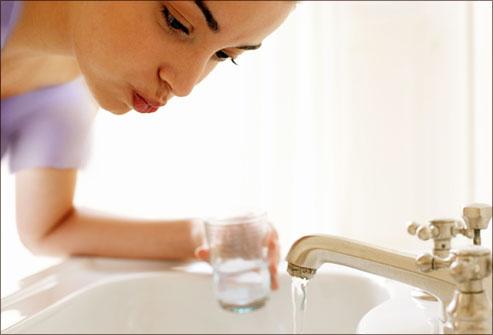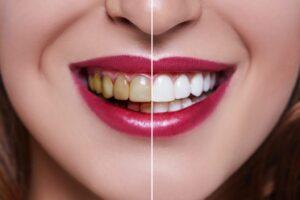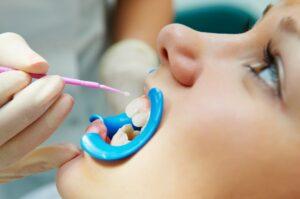Blog Highlights
- Mouthwash is not, as some people may think, a bad breath cure
- Certain mouthwashes can be very useful to treat different times of dental issues
- A saltwater mouthwash can be soothing if you’ve bitten the inside of your mouth
With dozens of mouthwashes on the market, choosing the right mouthwash can be tricky. It’s best to speak with your dentist for mouthwash recommendations. They can suggest the best mouthwash for your mouth or prescribe you a stronger mouthwash if necessary.
Mouthwash is not, as some people may think, a cure for bad breath or substitute for brushing and flossing your teeth. In fact, mouthwash is something that simply contributes to a healthy mouth and good oral hygiene. It’s important to find and use a mouthwash suitable for your specific dental needs. Certain mouthwashes can be very useful to treat different types of dental issues, but remember saliva is the most natural form of mouthwash and if you have a healthy mouth you may not even need an artificial mouthwash.
Alcohol-Free Mouthwashes
If you suffer from dry-mouth, you should consider using an alcohol-free mouthwash. The alcohol in alcohol-based mouthwashes can dry out your mouth, which can then lead to bad breath.
Fluoride-Based Mouthwashes
If you suffer from excessive teeth decay, a fluoride-based mouthwash is probably your best choice. The fluoride can help protect your teeth against further decay. It’s important not to swallow mouthwash and especially with fluoride-mouthwashes, you should keep them stored safely out of the reach of children. Too much fluoride can be toxic to children.
Chlorhexidine-Based Mouthwashes
For gum disease, speak to your dentist about getting a prescription for a chlorhexidine-based mouthwash. These mouthwashes help to fight inflammation of the gums and help to significantly reduce the accumulation of plaque.
Saltwater Mouthwash
A saltwater mouthwash can be soothing if you’ve bitten the inside of your mouth or have a small ulcer or sore. Saltwater mouthwashes should only be used for short periods of time. Long-term use of a saltwater mouthwash can lead to enamel erosion over time. If the sore in your mouth doesn’t heal after a week or two, you should speak with your dentist as it may be an indication of something more serious.








